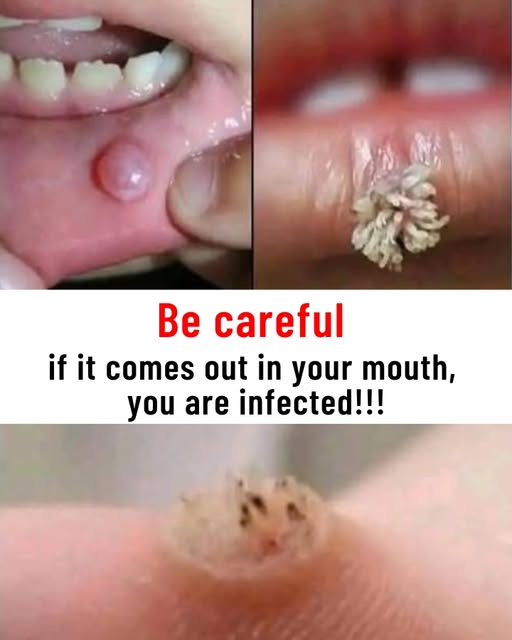Cold sores, also known as fever blisters, are a common viral infection primarily caused by the herpes simplex virus type 1 (HSV-1). In some cases, herpes simplex virus type 2 (HSV-2)—usually associated with genital herpes—can also lead to cold sores, especially through oral-genital contact.
What Causes Cold Sores?
Cold sores are highly contagious and spread easily from person to person, most often through contact with infected saliva or skin. Common ways the virus is transmitted include:
Direct contact: Kissing or sharing drinks, food, or utensils with an infected person.
Indirect contact: Using items contaminated with the virus, like towels, lip balm, or cutlery.
Self-infection (Autoinoculation): Touching a cold sore and then touching other parts of the body, such as the eyes or genitals, can spread the virus.

Recognizing the Symptoms
Cold sores tend to follow a series of stages:
Tingling or itching: A burning or itching sensation is often the first sign, occurring 1–2 days before the sore appears.
Formation of blisters: Small, fluid-filled blisters develop, usually near the lips but sometimes on the nose or gums.
Blister rupture: The blisters break open, forming painful, red sores. This is the most contagious stage.
Scabbing: The sores dry out and develop a crust, which eventually falls off during healing.

A typical outbreak lasts about 7 to 10 days. While the sores heal, the virus stays dormant in the body and can become active again during certain triggers.
What Triggers an Outbreak?
Several factors can reactivate the virus and cause new sores:
Emotional or physical stress
Exposure to sunlight or UV rays
Hormonal shifts, such as those during menstruation or pregnancy
Other illnesses, including colds and fevers
Weakened immune system, due to medical treatments or health conditions
How Are Cold Sores Treated?
There’s no permanent cure for cold sores, but treatments can help manage symptoms and speed up healing:
1. Antiviral pills: Medications like acyclovir, valacyclovir, or famciclovir can reduce the length and severity of an outbreak, especially if taken early.
2. Topical antiviral creams: Help ease symptoms and may reduce viral spread.
3. Pain relievers: Over-the-counter medications like ibuprofen or acetaminophen, or numbing creams, can help relieve discomfort.
4. Moisturizing balms or creams: Soothing lip products can reduce dryness and ease pain around the sores.
Tips for Prevention
To avoid spreading cold sores or triggering outbreaks, try the following:
Avoid kissing or close contact during an active outbreak
Don’t share personal items like lip balms, cutlery, or towels
Use lip sunscreen if sun exposure is a known trigger
Support your immune system through a balanced diet, regular exercise, and stress management
When Should You See a Doctor?
It’s a good idea to consult a healthcare provider if:
Outbreaks happen frequently or are unusually painful
Over-the-counter remedies aren’t helping

